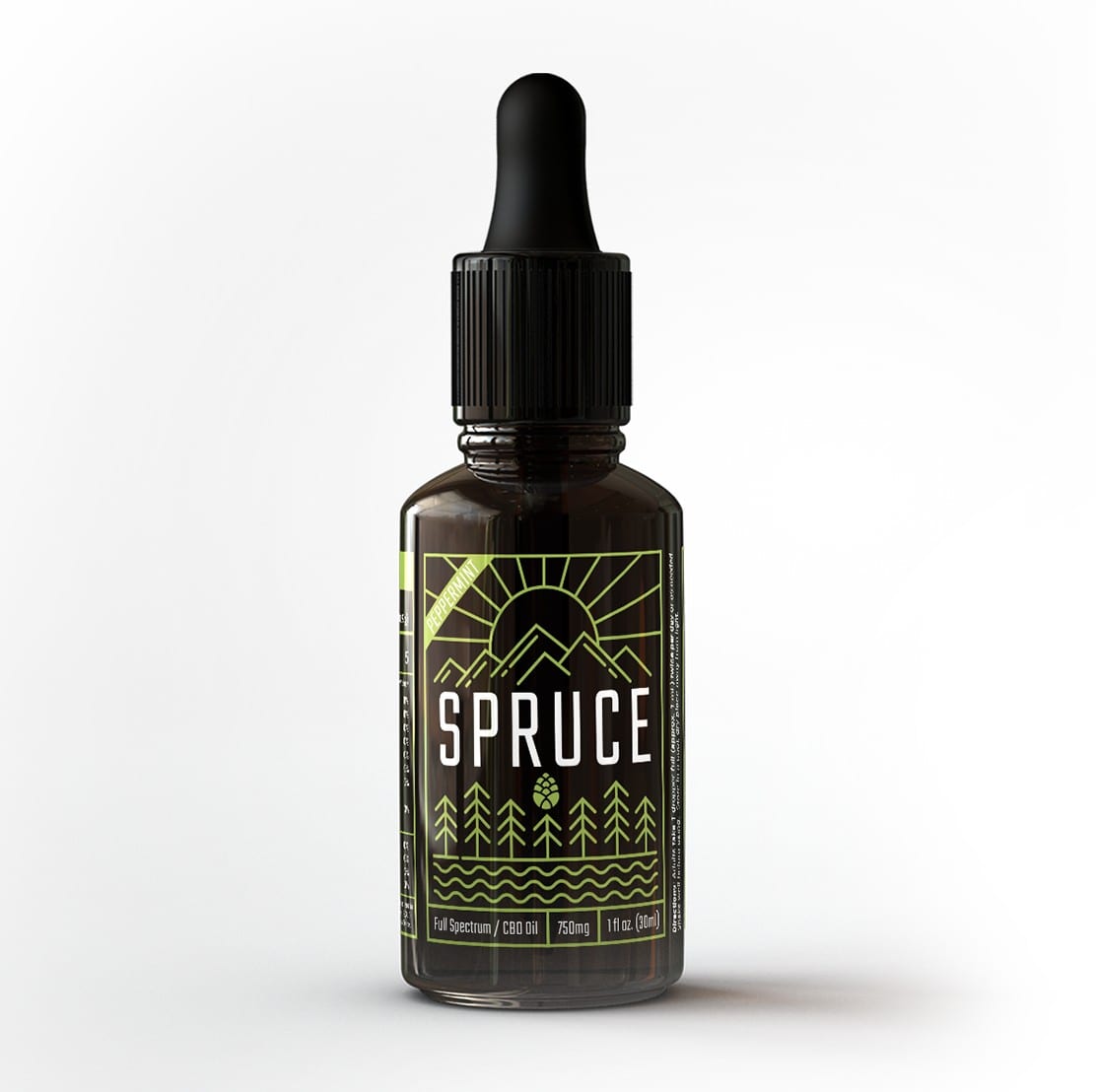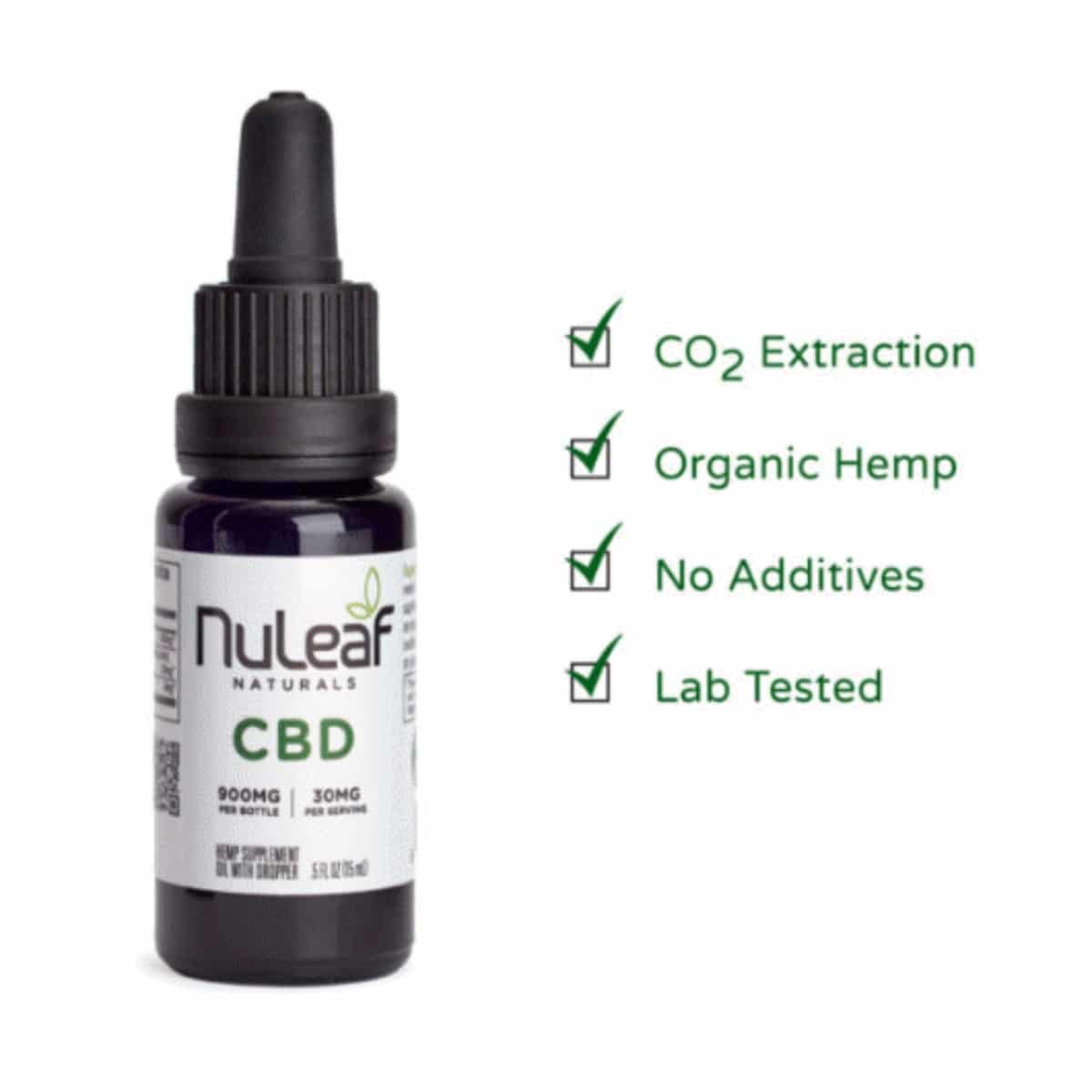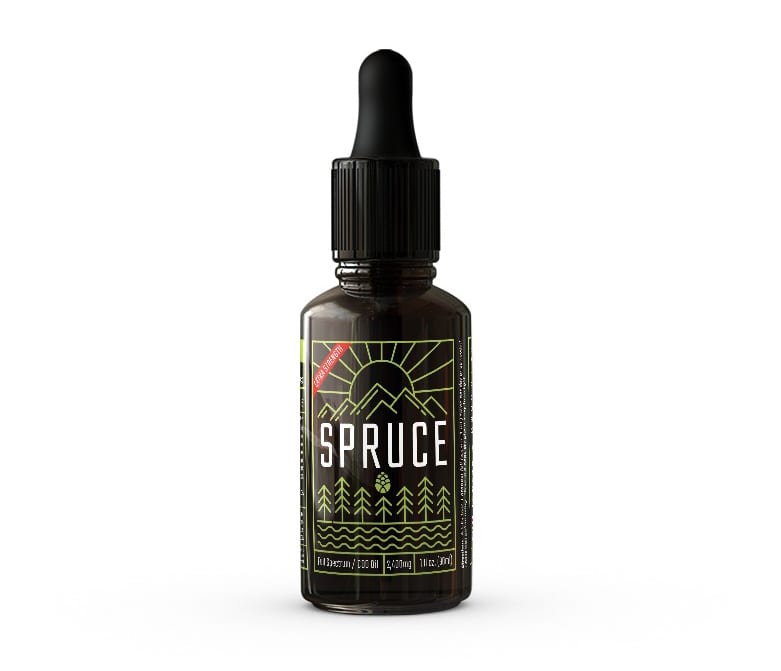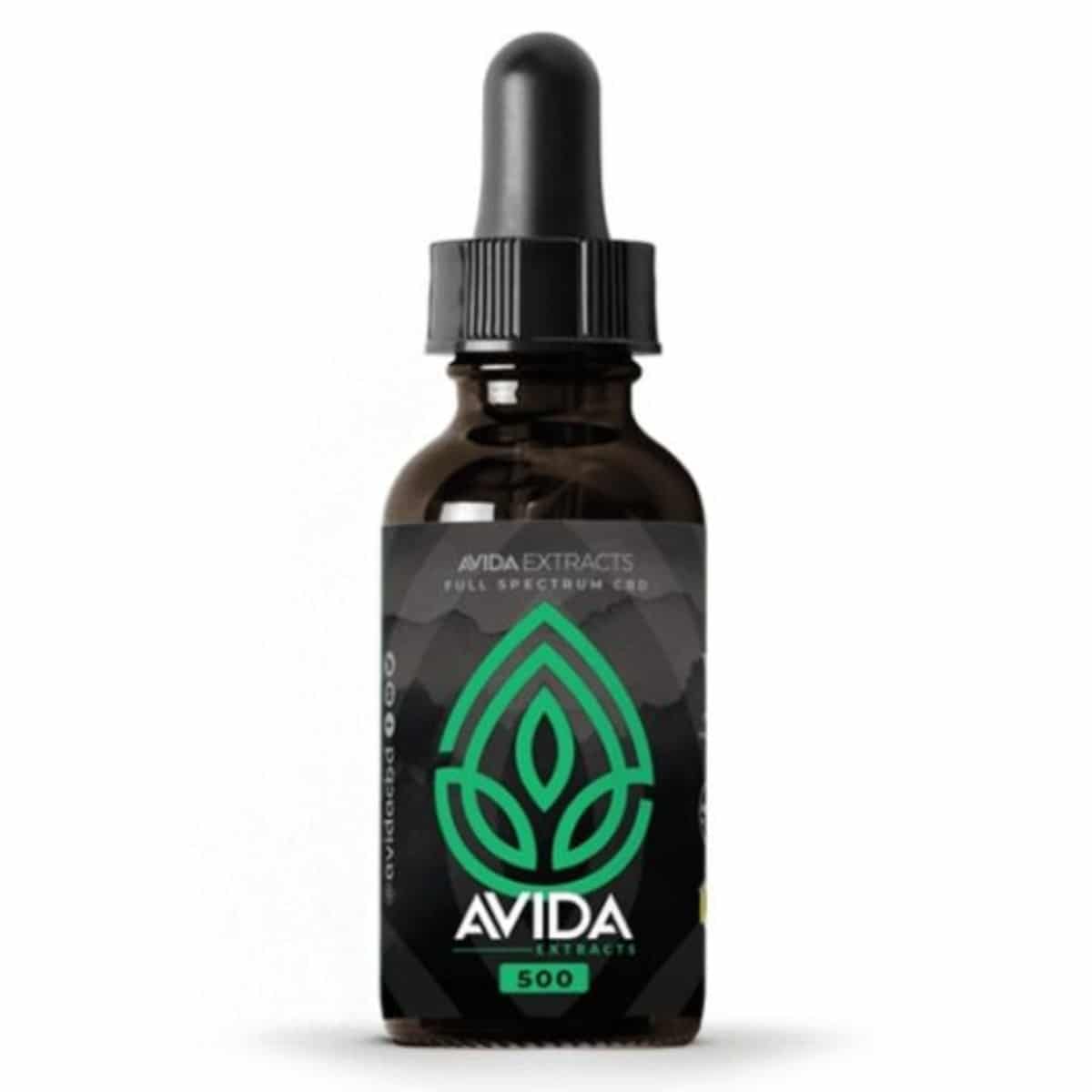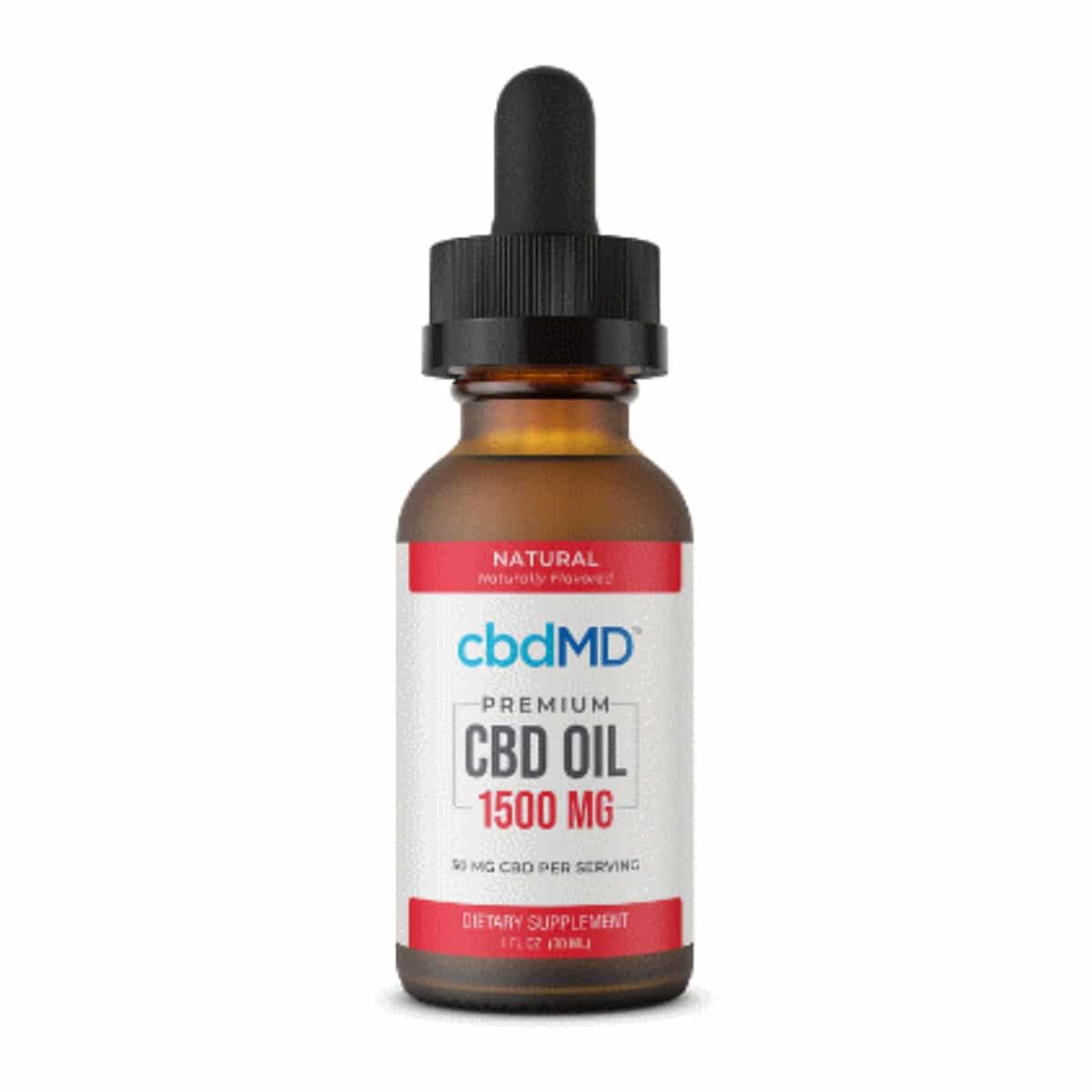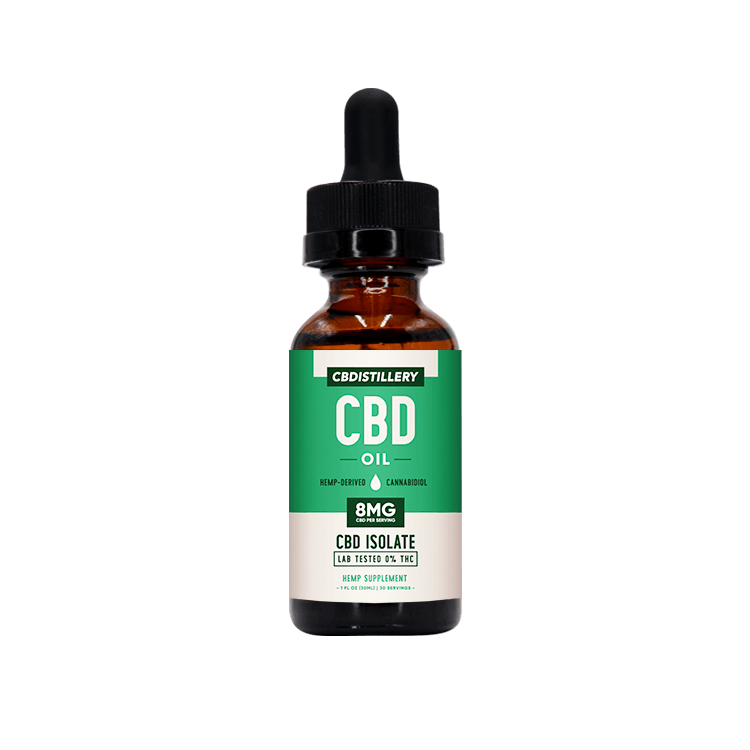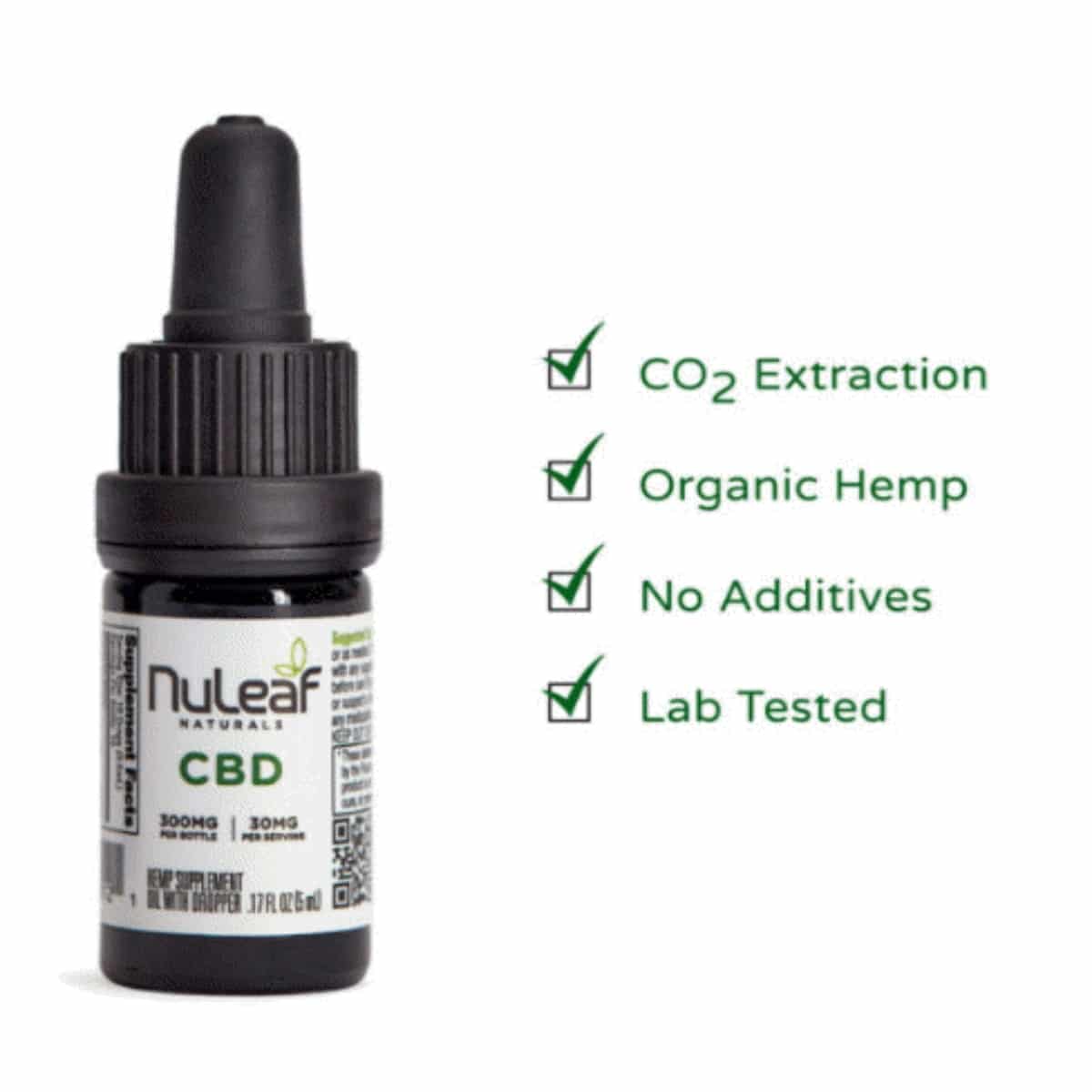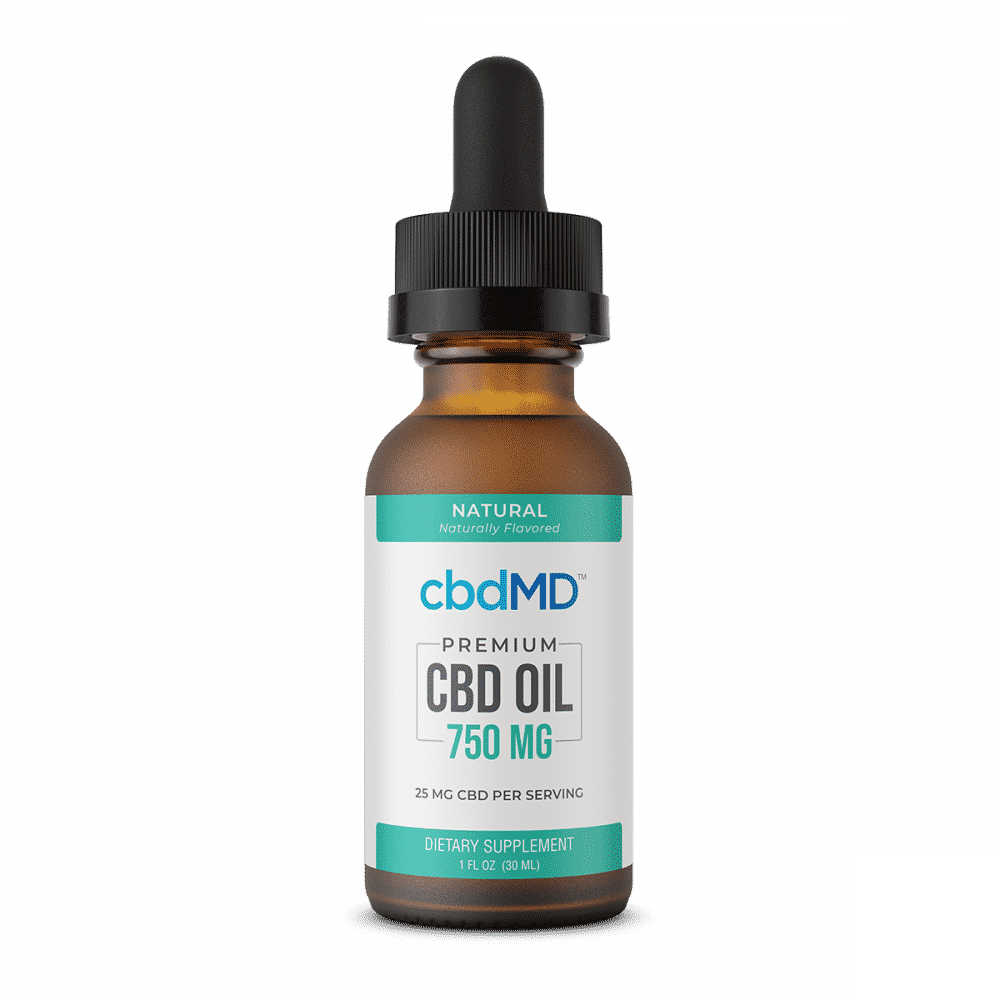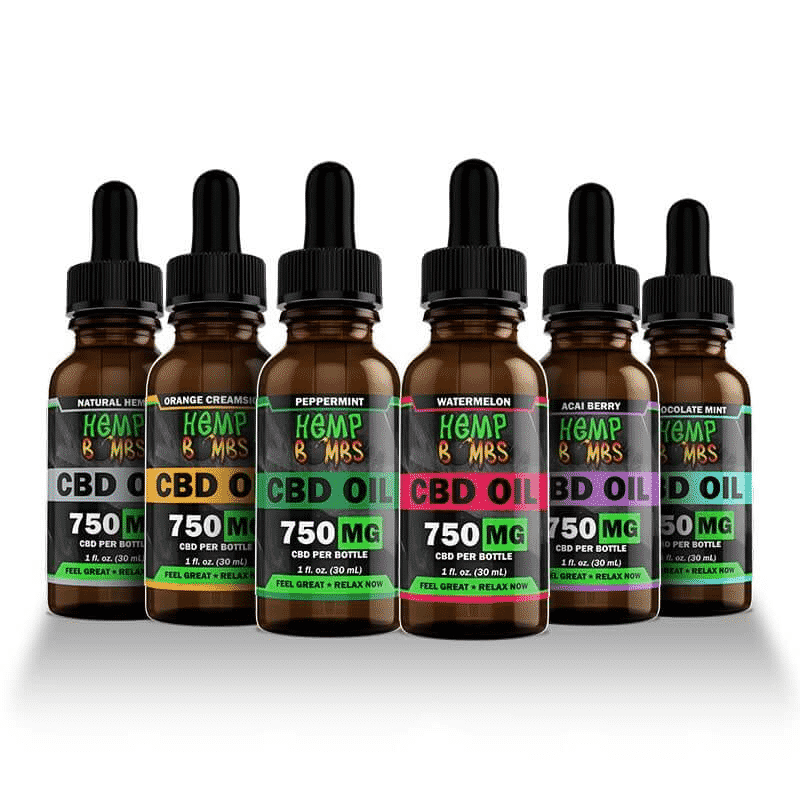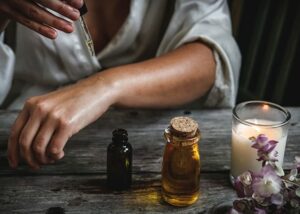Best CBD for Insomnia
Are you having trouble falling asleep? We have compiled the best cannabidiol (CBD) oils you can use for insomnia.
Best CBD for Insomnia 2025
- Spruce 750mg Lab Grade CBD Oil Editor's Pick
- NuLeaf Naturals 900mg Full Spectrum Hemp CBD Oil Best Organic
- Spruce 2400mg Lab Grade CBD Oil Editor's Pick
- Avida Full Spectrum CBD Oil Tincture 500mg Best Seller
- cbdMD CBD Oil Tincture Natural 1500mg Best Natural Alternative
- CBDistillery THC Free CBD Oil Tinctures Best THC-Free
- cbdMD CBD Oil Tincture Natural 750mg Best Customer Rated
- NuLeaf Naturals 300mg Full Spectrum Hemp CBD Oil Best Starter
- Hemp Bombs 750mg CBD Oil Best Flavor Range
Compare the best CBD for Insomnia in 2022
Best CBD for Insomnia
1. Spruce 750mg Lab Grade CBD Oil
cbdc overall score
4.8
CBDC Evaluation Table/Score
| Pros | Cons |
|---|---|
|
Mid-strength |
No other flavors |
|
Natural peppermint flavor |
|
|
Made from 100% organic and natural ingredients |
Overview
Each bottle of the 750mg CBD oil tincture contains 25mg of CBD per dropper full. The oil is peppermint flavor to mask any unpleasant tastes related to CBD.
2. NuLeaf Naturals 900mg Full Spectrum Hemp CBD Oil
cbdc overall score
5.0
CBDC Evaluation Table/Score
| Pros | Cons |
|---|---|
|
Pure CBD hemp |
No other flavors |
|
All natural |
|
|
Approximately 300 drops total |
Overview
Natural remedy for various illnesses. NuLeaf Naturals’ CBD oil is a whole-plant extract containing a full spectrum of naturally occurring synergistic cannabinoids and terpenes.
3. Spruce 2400mg Lab Grade CBD Oil
cbdc overall score
5.0
CBDC Evaluation Table/Score
| Pros | Cons |
|---|---|
|
Extra Strength |
Tastes bitter |
|
No artificial flavoring or colors |
No THC-free option |
|
Made from 100% organic and natural ingredients |
Overview
The largest bottle of CBD oil that Spruce offers contains 2,400mg of CBD. This is full-spectrum CBD oil, which is the maximum possible potency. Each high potency dropper full contains 80mg of CBD. There are no flavorings in it, which allows for the most CBD to fit in the 30ml bottle.
4. Avida Full Spectrum CBD Oil Tincture 500mg
cbdc overall score
4.6
CBDC Evaluation Table/Score
| Pros | Cons |
|---|---|
|
Light Spearmint flavor |
No other flavor |
|
Non-THC, Non-detected in drug test |
Overview
Avida Extracts Full Spectrum CBD oil is the latest iteration of the brand’s advanced Avida CORE Spectrum technology. They use a proprietary full spectrum blend, resulting in the highest naturally occurring Phyto-cannabinoids and Terpenes with THC (<0.3) to support your health.
5. cbdMD CBD Oil Tincture Natural 1500mg
cbdc overall score
4.7
CBDC Evaluation Table/Score
| Pros | Cons |
|---|---|
|
Various delicious flavors to choose from |
cbdMD uses MCT as its carrier oil so individuals who are allergic with coconuts should consider other brand options |
|
Has vegan, organic, and gluten-free ingredients |
|
|
Free shipping for this particular product within USA |
|
|
World-class customer service team |
Overview
cbdMD’s CBD oil tinctures are made using only CBD sourced from medical hemp and MCT oil as a carrier oil. Tinctures are offered in orange, mint, natural, and berry flavors. Safe for daily use, the oil tinctures are packaged with a built-in rubber dropper to adjust CBD dosage easily. The packaging is made to be easy to transport and discreet to use.
6. CBDistillery THC Free CBD Oil Tinctures
cbdc overall score
4.4
CBDC Evaluation Table/Score
| Pros | Cons |
|---|---|
|
60-Day Satisfaction Guarantee |
Dropper is a bit shaky |
|
Various strengths |
|
|
Oil extracted from aerial plant parts of US grown industrial hemp |
|
|
Sourced from non-GMO industrial hemp grown in the USA through natural farming practices |
Overview
CBDistillery’s Isolate CBD Oil Tinctures harness the power of pure CBD. CBD Isolate Oil Tinctures include 0.0% THC. When you use CBDistillery CBD Isolate Oil Tinctures, you can be assured you’re using the highest quality CBD on the market.
7. NuLeaf Naturals 300mg Full Spectrum Hemp CBD Oil
cbdc overall score
4.6
CBDC Evaluation Table/Score
| Pros | Cons |
|---|---|
|
Pure CBD hemp |
No other flavors |
|
All natural |
A bit pricey compared to competitors |
|
Approximately 100 drops total |
Overview
This is one of several concentrations from NuLeaf Naturals. As the lowest concentration, it is the company’s best option for those new to CBD oil. The product is lab-tested and fully organic. It is full-spectrum, so it contains THC in small quantities.
8. cbdMD CBD Oil Tincture Natural 750mg
cbdc overall score
4.4
CBDC Evaluation Table/Score
| Pros | Cons |
|---|---|
|
Vegan and Gluten free |
Does not ship internationally |
|
Has a third-party lab test |
|
|
Wide variety of CBD strengths and sizes |
Overview
A 750mg bottle of cbdMD’s Broad Spectrum Oil Tincture does not contain THC. It also has a fairly wide flavor range which is perfect for those who prefer other taste. Vegan consumers are considered since cbdMD offers Vegan products. Aside from all of that, another reason why people love cbdMD is because it’s free from harmful chemicals.
9. Hemp Bombs 750mg CBD Oil
cbdc overall score
3.9
CBDC Evaluation Table/Score
| Pros | Cons |
|---|---|
|
Wide variety of flavors |
Incomplete information about the product |
|
Lab test results are complete |
Does not ship to all international countries |
|
30-day money-back guarantee |
Overview
Hemp Bombs offer CBD Oil Tinctures that come in a 30ml bottle containing 750mg of CBD. They provide a wide range of flavors perfect for those that have a knack for sweets. Consumers can safely intake this because it’s free of chemicals and pesticides. Hemp Bombs also offer a 20% off on products upon subscription.
How CBD Helps With Insomnia
Numerous studies have demonstrated CBD’s potential to promote sleep among people with insomnia. CBD helps with insomnia by interacting with the endocannabinoid system (ECS).
The ECS regulates pain, appetite, metabolism, memory, mood, and sleep. CB1 and CB2 are the ECS’ two central receptors, which connect with chemical messengers or endocannabinoids in your body.
Endocannabinoids are molecules produced by your body that work to modulate the ECS.
The receptors also bind with phytocannabinoids or compounds outside your body. The most abundant phytocannabinoids found in the Cannabis sativa plant are CBD and tetrahydrocannabinol (THC).
CBD and THC are the two most notable cannabinoids (naturally occurring compounds in the cannabis plant). CBD is non-psychoactive, while THC produces psychoactive effects.
Studies on CBD and THC found that both cannabinoids may affect the modulation of the body’s circadian rhythm to promote and maintain sleep.
CBD was found to bind with CB1 receptors, increasing the body’s anandamide concentration(1). Also known as the “bliss molecule,” anandamide is a naturally occurring cannabinoid that helps regulate the brain’s reward circuitry.
Researchers observed that the brain’s adenosine level gradually increases with anandamide’s presence(2). Adenosine is a chemical responsible for decreasing wakefulness and signaling the brain to sleep.
Benefits of Using CBD for Insomnia
Multiple studies suggested that CBD may reduce sleep latency in people with insomnia(3). The amount of time it takes to go from being fully awake to falling asleep is called sleep latency.
In a study on rats’ sleep-wake cycle, CBD was found to increase the duration of the “deep sleep” phase(4).
Rapid eye movement (REM) is the phase of sleep in which dreaming occurs.
According to a 2014 study, CBD improved REM sleep behavior disorder (RBD) symptoms of patients with Parkinson’s disease(5). RBD is associated with poor sleep and nightmares.
Another case study reported that 25mg CBD supplements and a 3mg CBD spray reduced insomnia and sleep disturbances of a 10-year old girl with post-traumatic stress disorder (PTSD)(6).
Moreover, researchers noted that higher doses of CBD increased the patients’ sleep quality, while lower CBD doses may have stimulating effects(7).
A 2019 study reported that 25mg to 75mg of CBD per day reduced patients’ anxiety and improved their sleep(8).
It was concluded that CBD may act as a natural sleep aid without the side effects of prescribed sleep medications.
CBD Dosage and Delivery Methods for Insomnia
CBD dosage depends on your age, height, weight, and genetics. It is advisable to consult with your doctor before taking CBD for insomnia.
Generally, you should start with a low dose to see how your body reacts to CBD. Then, you can gradually increase the dosage if no adverse reactions are observed.
Several CBD gummies or capsules are formulated with melatonin to support restful sleep. Melatonin is known as a hormone that regulates the sleep-wake cycle and other circadian rhythms(9).
It is best to take CBD gummies or capsules around 30 minutes before bedtime as CBD may take some time to kick in(10).
You may also apply CBD-infused topicals on your skin. These CBD products are often combined with essential oils to promote relaxation and sleep.
After using CBD topicals, you may begin feeling the effects within 30 minutes to 2 hours(11).
CBD tinctures may be taken under the tongue with a dropper. This method allows direct CBD absorption within 10 to 15 minutes, while effects may last for four to six hours(12).
Among all CBD delivery methods, vaping provides faster effects(13). However, vape use may cause lung damage(14).
Risks and Side Effects of Using CBD for Insomnia
Possible side effects of CBD may include(15):
- Nausea
- Fatigue
- Dry mouth
- Drowsiness
- Changes in mood and appetite
- Diarrhea
- Potential drug interactions
CBD may also inhibit cytochrome P450 (CYPs), which are enzymes responsible for drug metabolism(16). Thus, taking CBD alongside medications with a “grapefruit warning” is not recommended(17).
Legality of CBD
Hemp-derived CBD containing less than 0.3% THC is federally legal. The passage of the 2018 Farm Bill permitted the growth, production, and manufacturing of hemp on a federal level(18).
However, CBD state laws may have varying levels of restriction. You should research CBD’s legal stipulations in the state where you plan to purchase and use it.
Product Frequently
Asked Questions
-
How can CBD help with insomnia?
CBD was found to indirectly increase adenosine to decrease wakefulness and signal the brain to sleep(19).
-
What are the benefits of using CBD for insomnia?
CBD has the potential to reduce anxiety, sleep latency in individuals with insomnia, and promote quality of sleep(20).
-
Is there any evidence that CBD can make insomnia worse?
According to some studies, low-dose CBD may have stimulating effects and induce wakefulness(21).
-
Will CBD interact with any current medication I may be taking for insomnia?
CBD may interact with certain medications you may be taking for insomnia, especially those with a “grapefruit warning(22).”
-
Are there other treatments I should consider alongside CBD to help with insomnia?
You may consider herbal supplements, such as valerian root and chamomile, for insomnia(23). Studies have suggested that these natural alternatives may help with the onset of sleep and sleep maintenance(24).
-
Can I fail a drug test if I use CBD for insomnia?
The THC amount in CBD oil may accumulate over time, making it possible for some drug tests to generate positive results.
-
What is the dosage for insomnia?
It was found that 25mg to 75mg of CBD per day produced significant effects on adults with insomnia and anxiety(25). However, it is advisable to start with a low dosage and slowly work your way up to let your body adjust to CBD.
-
What are the possible side effects when CBD is used for insomnia?
CBD’s side effects may include nausea, dry mouth, reduced appetite, fatigue, diarrhea, and drowsiness(26).
-
Is CBD oil safe to use for insomnia?
CBD is generally well-tolerated and has a good safety profile(27). The National Institute on Drug Abuse (NIDA) also classified CBD as non-addictive(28).
-
Will taking CBD oil for sleep make me groggy when I wake up?
Studies suggested that CBD is unlikely to elicit grogginess (daytime sleepiness). Instead, CBD was found to promote wakefulness and alertness(29).
- Pava, M. J., Makriyannis, A., & Lovinger, D. M. (2016). Endocannabinoid signaling regulates sleep stability. PloS one, 11(3), e0152473.
- Murillo-Rodriguez, E., Blanco-Centurion, C., Sanchez, C., Daniele, P., & Shiromani, P. J. (2003). Anandamide enhances extracellular levels of adenosine and induces sleep: an in vivo microdialysis study. Sleep, 26(8), 943-947.
- Gates, P. J., Albertella, L., & Copeland, J. (2014). The effects of cannabinoid administration on sleep: a systematic review of human studies. Sleep medicine reviews, 18(6), 477-487.
- Chagas, M. H. N., Crippa, J. A. S., Zuardi, A. W., Hallak, J. E., Machado-de-Sousa, J. P., Hirotsu, C., … & Andersen, M. L. (2013). Effects of acute systemic administration of cannabidiol on sleep-wake cycle in rats. Journal of Psychopharmacology, 27(3), 312-316.
- Chagas, M. H., Eckeli, A. L., Zuardi, A. W., Pena‐Pereira, M. A., Sobreira‐Neto, M. A., Sobreira, E. T., … & Tumas, V. (2014). Cannabidiol can improve complex sleep‐related behaviours associated with rapid eye movement sleep behaviour disorder in Parkinson’s disease patients: a case series. Journal of clinical pharmacy and therapeutics, 39(5), 564-566.
- Shannon, S., & Opila-Lehman, J. (2016). Effectiveness of cannabidiol oil for pediatric anxiety and insomnia as part of posttraumatic stress disorder: a case report. The Permanente Journal, 20(4).
- Babson, Kimberly A., James Sottile, and Danielle Morabito. “Cannabis, Cannabinoids, and Sleep: a Review of the Literature.” Current Psychiatry Reports 19, no. 4 (2017). https://doi.org/10.1007/s11920-017-0775-9.
- Shannon, S., Lewis, N., Lee, H., & Hughes, S. (2019). Cannabidiol in anxiety and sleep: a large case series. The Permanente Journal, 23.
- Cagnacci, A., Elliott, J. A., & Yen, S. S. (1992). Melatonin: a major regulator of the circadian rhythm of core temperature in humans. The Journal of Clinical Endocrinology & Metabolism, 75(2), 447-452.
- Paudel, K. S., Hammell, D. C., Agu, R. U., Valiveti, S., & Stinchcomb, A. L. (2010). Cannabidiol bioavailability after nasal and transdermal application: effect of permeation enhancers. Drug development and industrial pharmacy, 36(9), 1088-1097. https://doi.org/10.3109/03639041003657295
- Taskar, P., Adelli, G., Patil, A., Lakhani, P., Ashour, E., Gul, W., … & Majumdar, S. (2019). Analog derivatization of cannabidiol for improved ocular permeation. Journal of Ocular Pharmacology and Therapeutics, 35(5), 301-310.
- Huestis, M. A. (2007). Human cannabinoid pharmacokinetics. Chemistry & biodiversity, 4(8), 1770.
- Paudel, K. op. cit.
- Broderick, S. (2020). What Does Vaping Do to Your Lungs? Johns Hopkins Medicine. https://www.hopkinsmedicine.org/health/wellness-and-prevention/what-does-vaping-do-to-your-lungs
- Machado Bergamaschi, M., Helena Costa Queiroz, R., Waldo Zuardi, A., & Crippa, A. S. (2011). Safety and side effects of cannabidiol, a Cannabis sativa constituent. Current drug safety, 6(4), 237-249.
- Alsherbiny MA, Li CG. Medicinal Cannabis-Potential Drug Interactions. Medicines (Basel). 2018;6(1):3. Published 2018 Dec 23. DOI:10.3390/medicines6010003.
- U.S. Food and Drug Administration. (2017, July 18). Grapefruit Juice and Some Drugs Don’t Mix. Retrieved from https://www.fda.gov/consumers/consumer-updates/grapefruit-juice-and-some-drugs-dont-mix.
- Farm Bill. U.S. Department of Agriculture. Retrieved from: https://www.usda.gov/farmbill
- Murillo-Rodriguez, E. op. cit.
- Gates, P. op. cit.
- Nicholson, Anthony N., Claire Turner, Barbara M. Stone, and Philip J. Robson. “Effect of ??-9-Tetrahydrocannabinol and Cannabidiol on Nocturnal Sleep and Early-Morning Behavior in Young Adults.” Journal of Clinical Psychopharmacology 24, no. 3 (2004): 305–13. https://doi.org/10.1097/01.jcp.0000125688.05091.8f.
- U.S. Food and Drug Administration. op. Cit.
- Bent, S., Padula, A., Moore, D., Patterson, M., & Mehling, W. (2006). Valerian for sleep: a systematic review and meta-analysis. The American journal of medicine, 119(12), 1005-1012.
- Srivastava, J. K., Shankar, E., & Gupta, S. (2010). Chamomile: a herbal medicine of the past with a bright future. Molecular medicine reports, 3(6), 895-901.
- Shannon, S. op. cit.
- Machado B. op. cit.
- World Health Organization (WHO). (2018). Cannabidiol (CBD) Critical Review Report. https://www.who.int/medicines/access/controlled-substances/CannabidiolCriticalReview.pdf
- NIDA. Researching Marijuana for Therapeutic Purposes: The Potential Promise of Cannabidiol (CBD). National Institute on Drug Abuse website. https://www.drugabuse.gov/about-nida/noras-blog/2015/07/researching-marijuana-therapeutic-purposes-potential-promise-cannabidiol-cbd. July 20, 2015. Accessed July 21, 2020.
- Murillo-Rodríguez, E., Sarro-Ramírez, A., Sánchez, D., Mijangos-Moreno, S., Tejeda-Padrón, A., Poot-Aké, A., Guzmán, K., Pacheco-Pantoja, E., & Arias-Carrión, O. (2014). Potential effects of cannabidiol as a wake-promoting agent. Current neuropharmacology, 12(3), 269–272. https://doi.org/10.2174/1570159X11666131204235805Are you having trouble falling asleep? We have compiled the best cannabidiol (CBD) oils you can use for insomnia.

